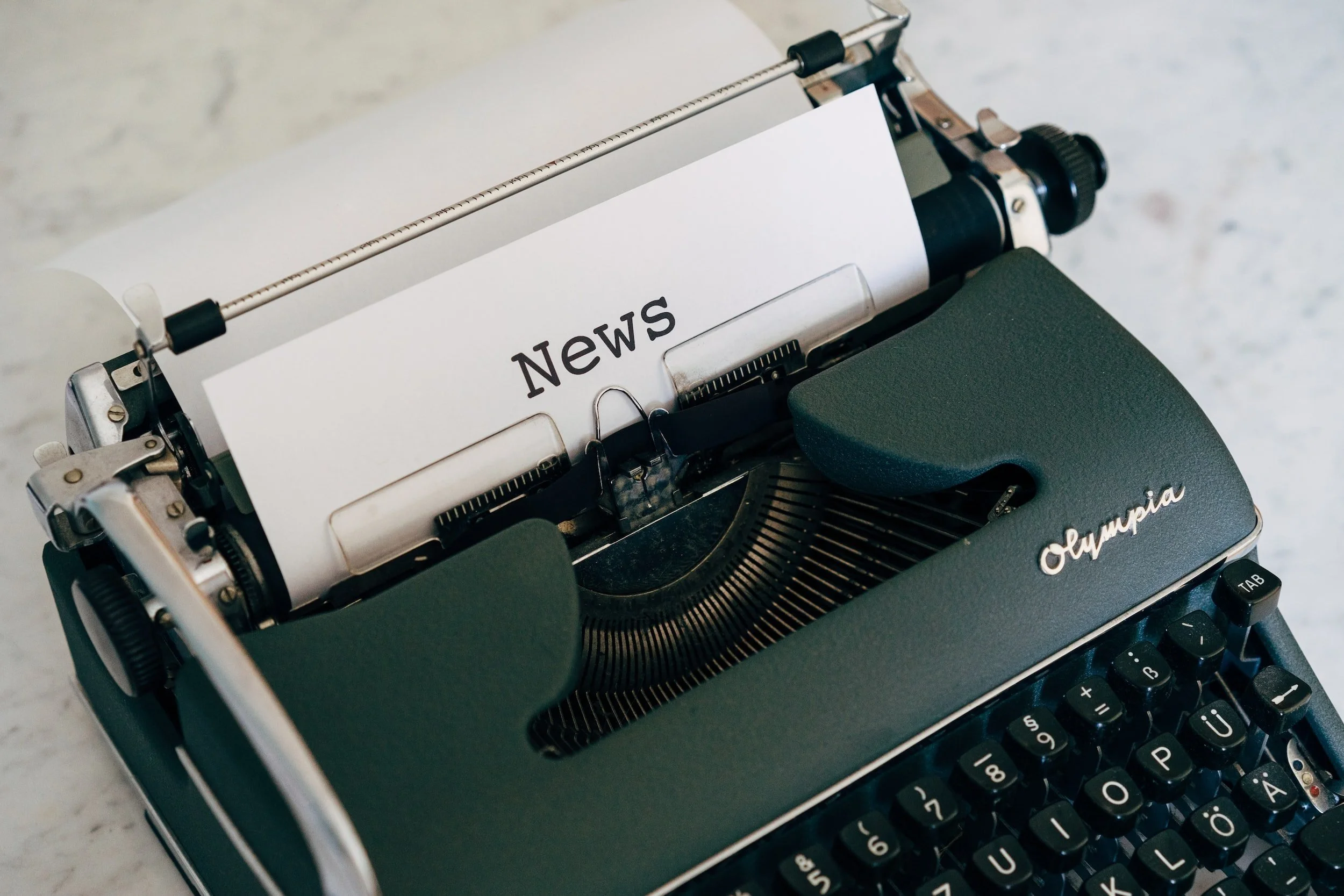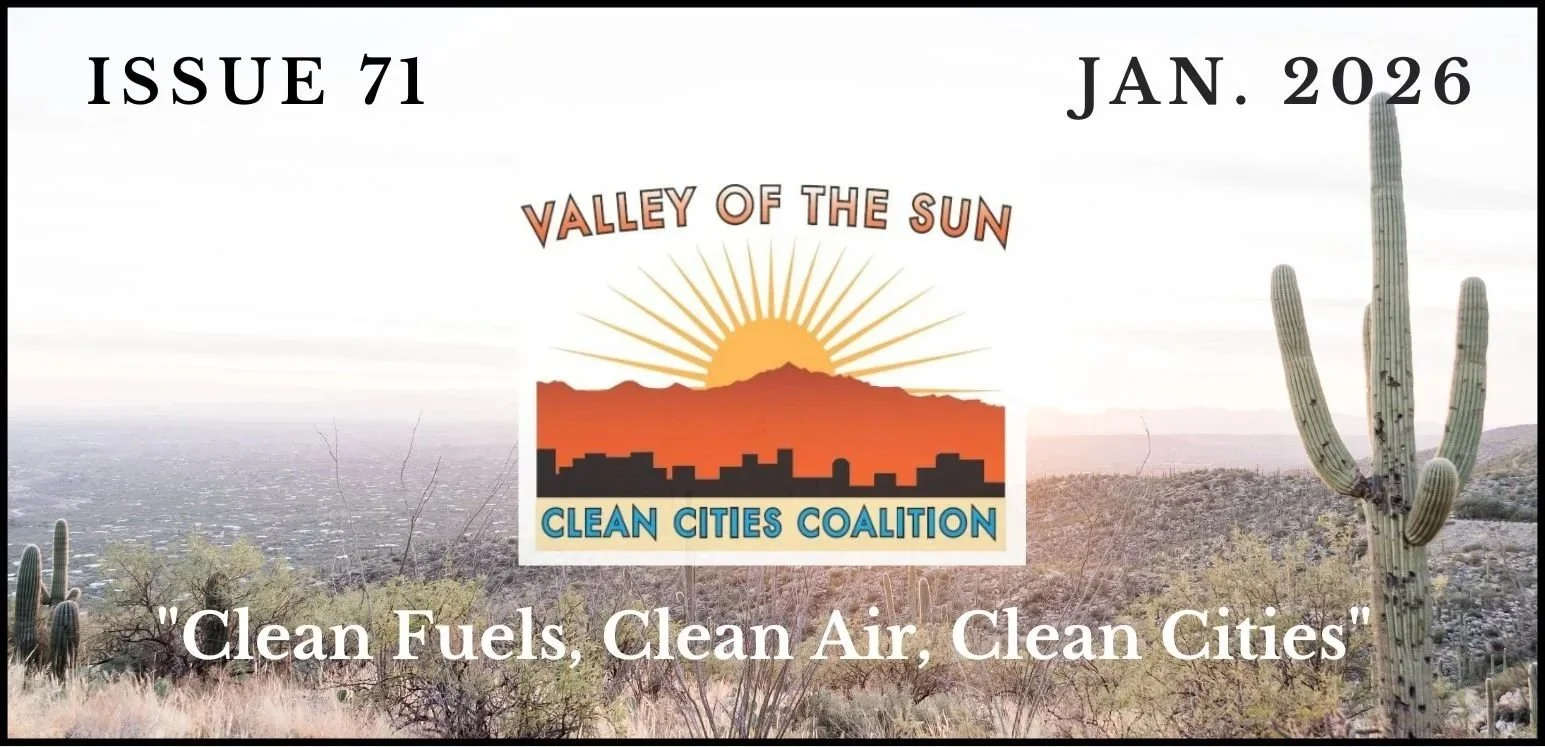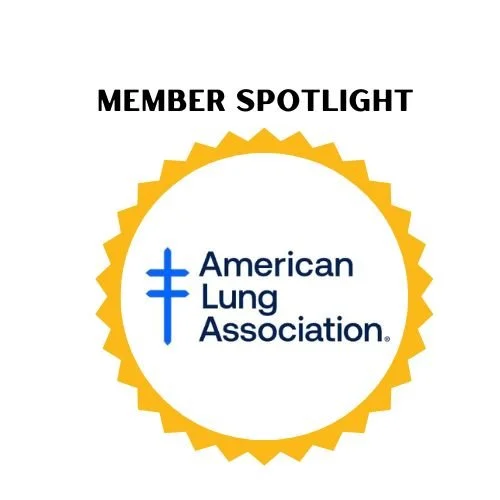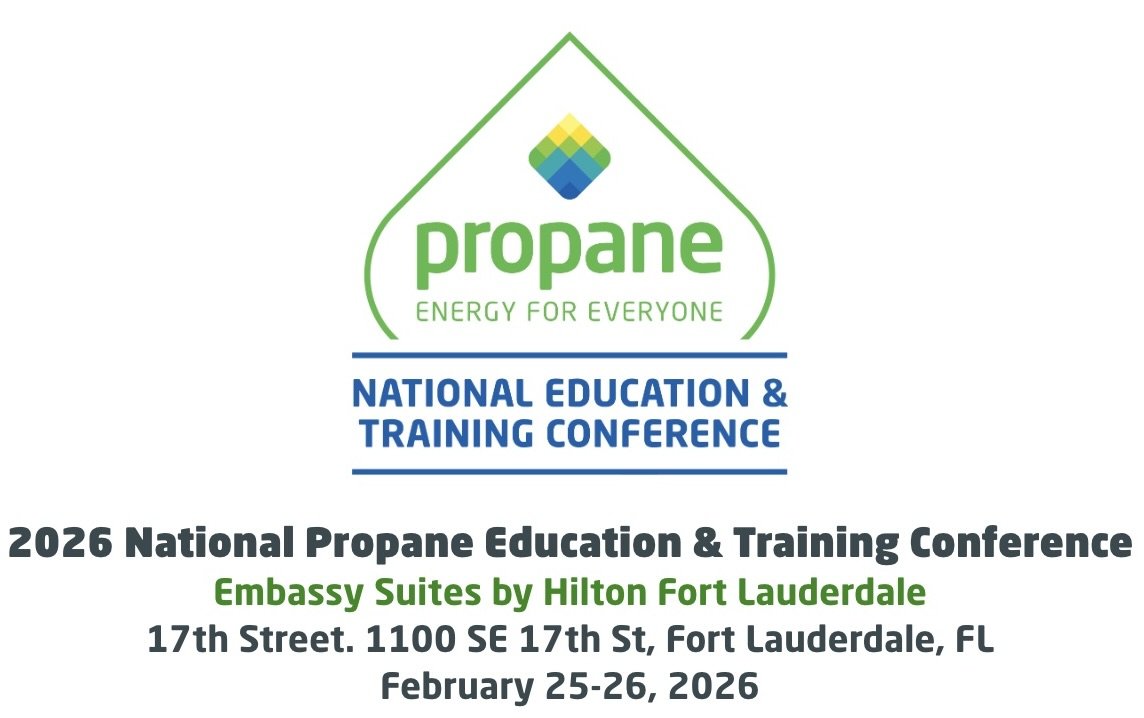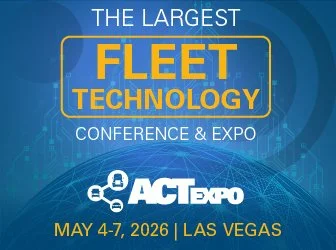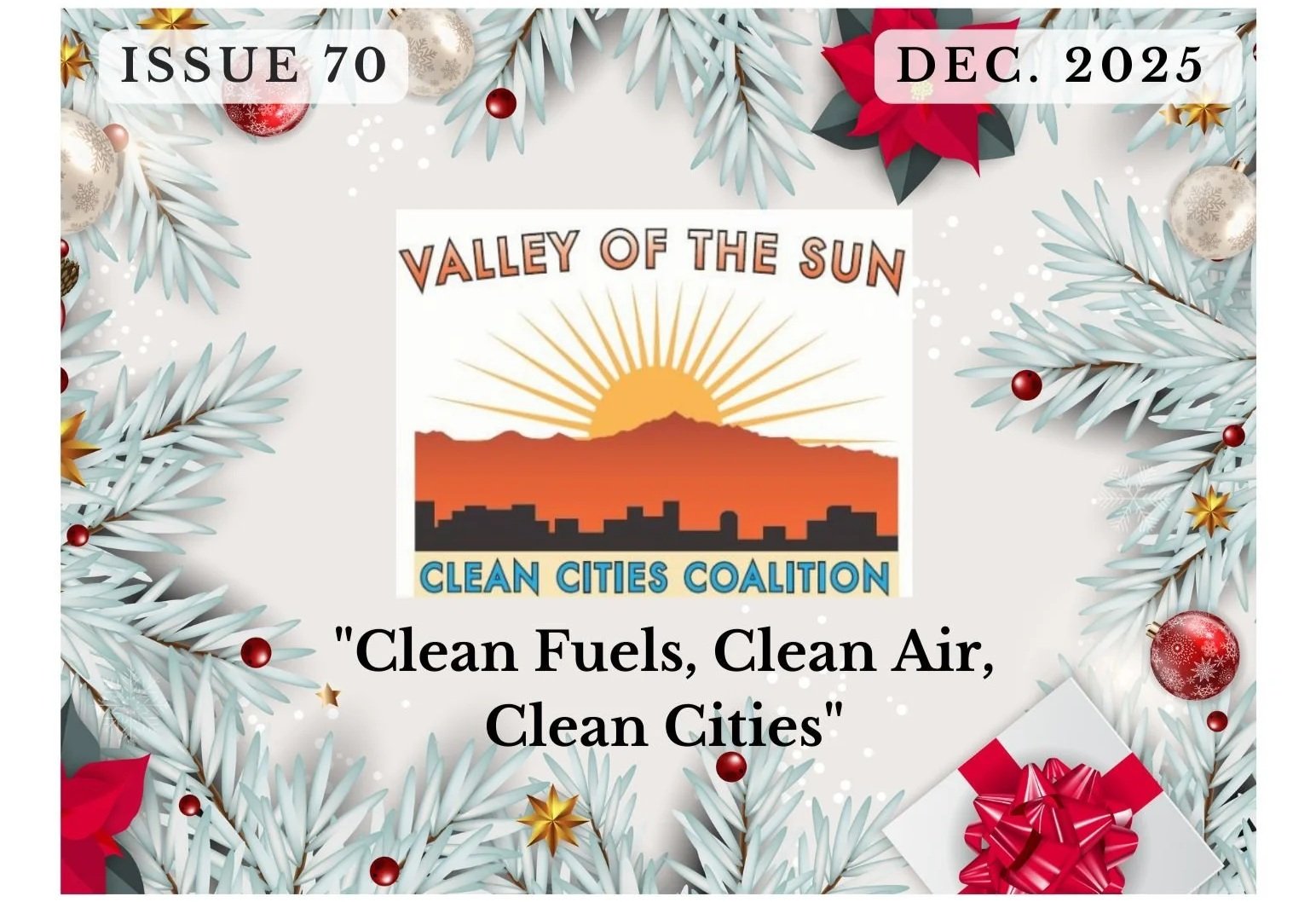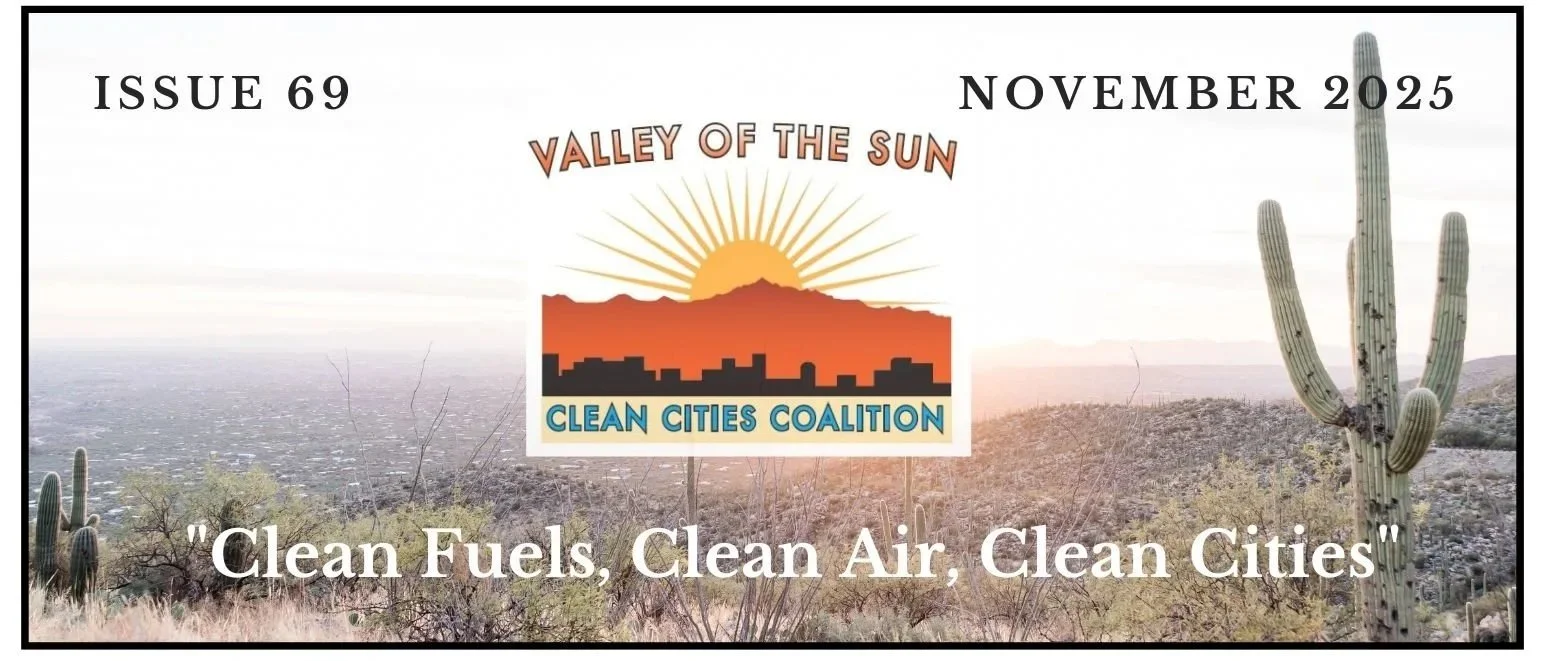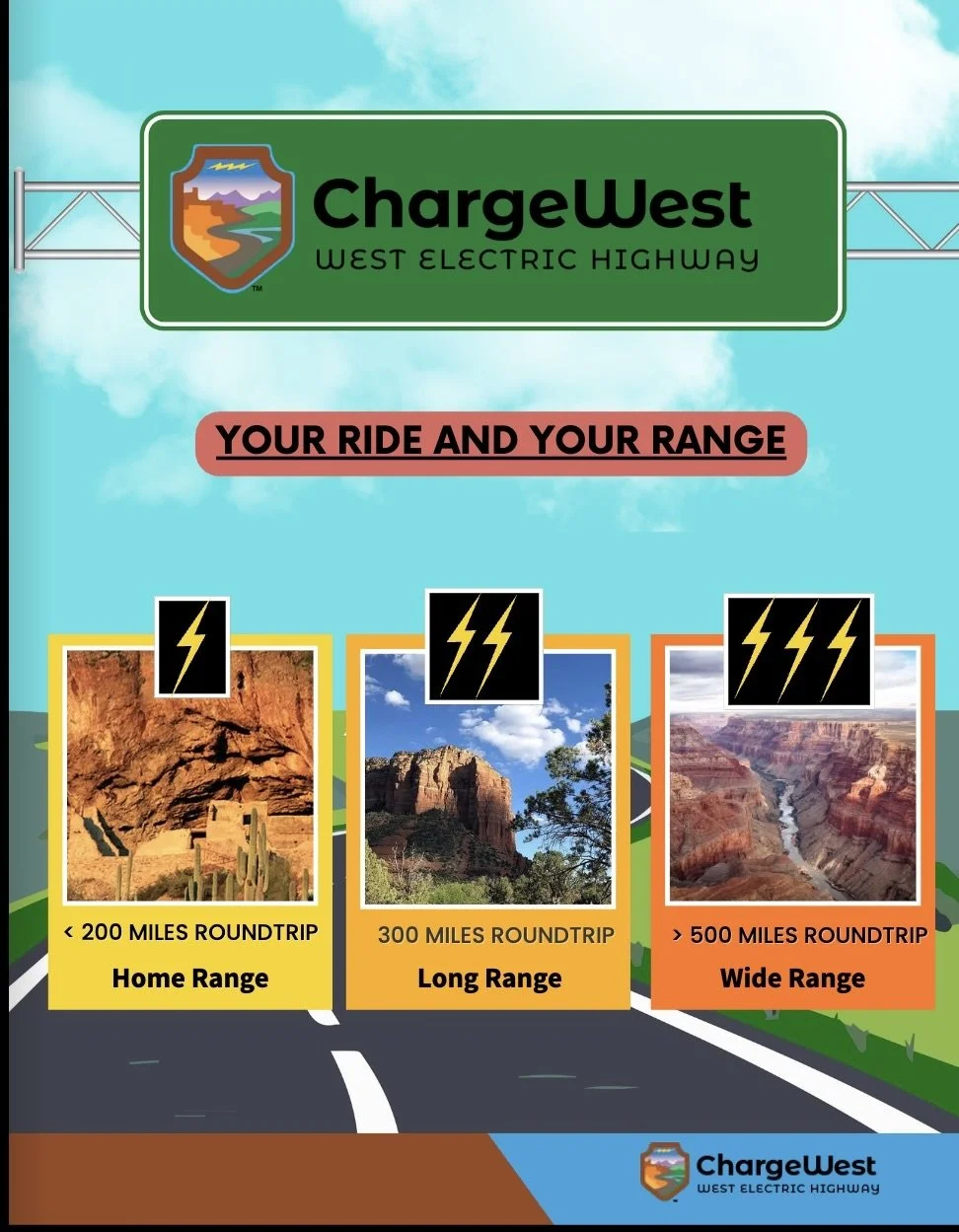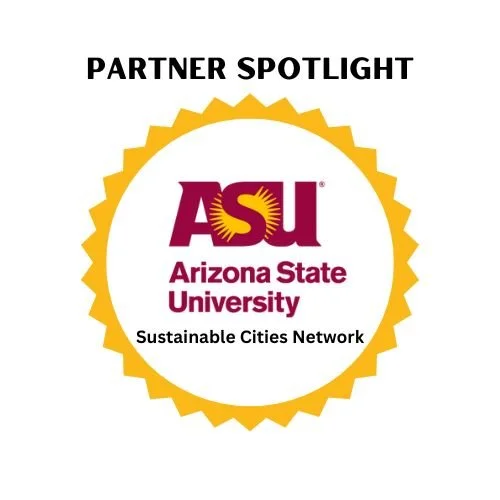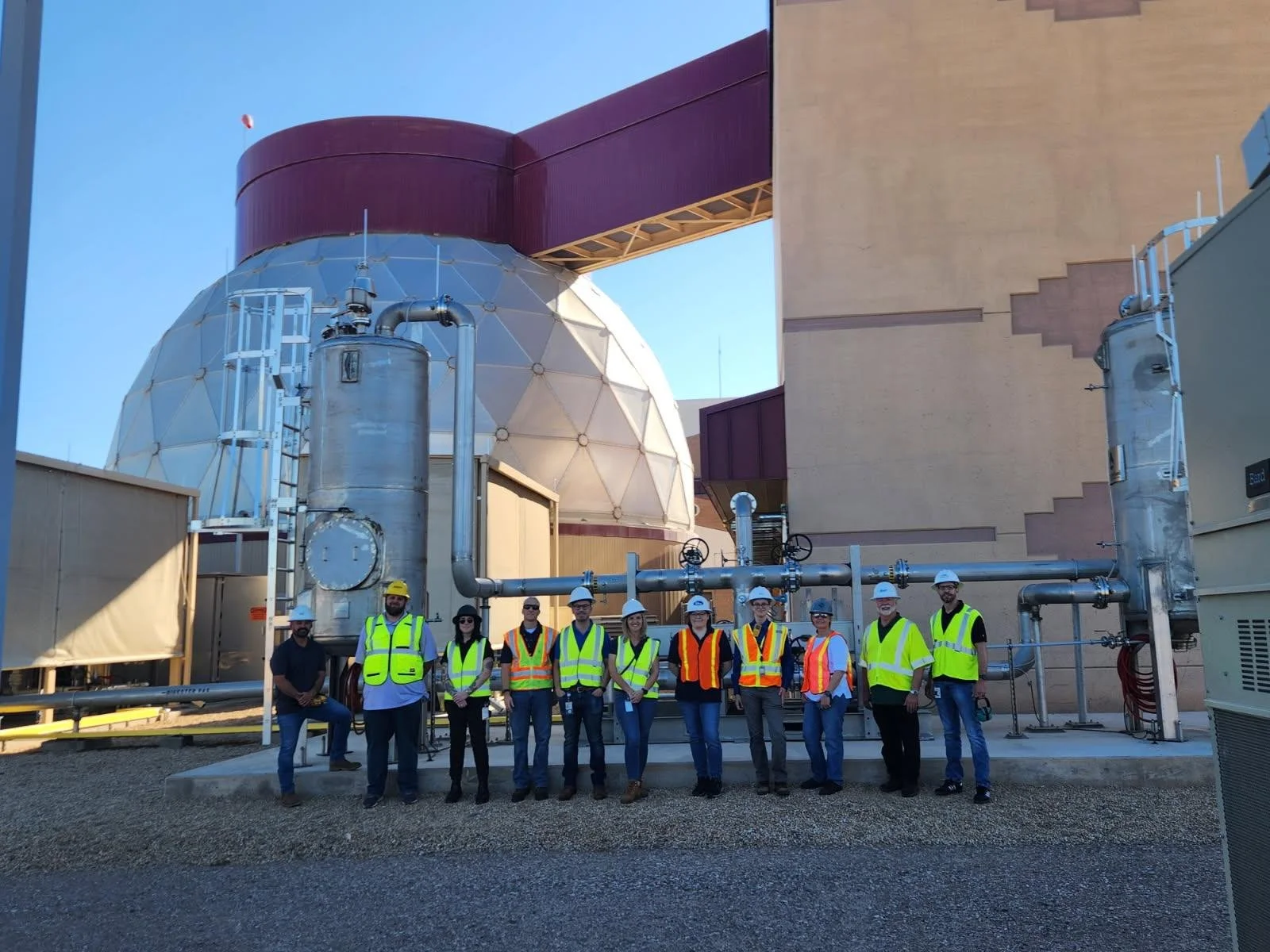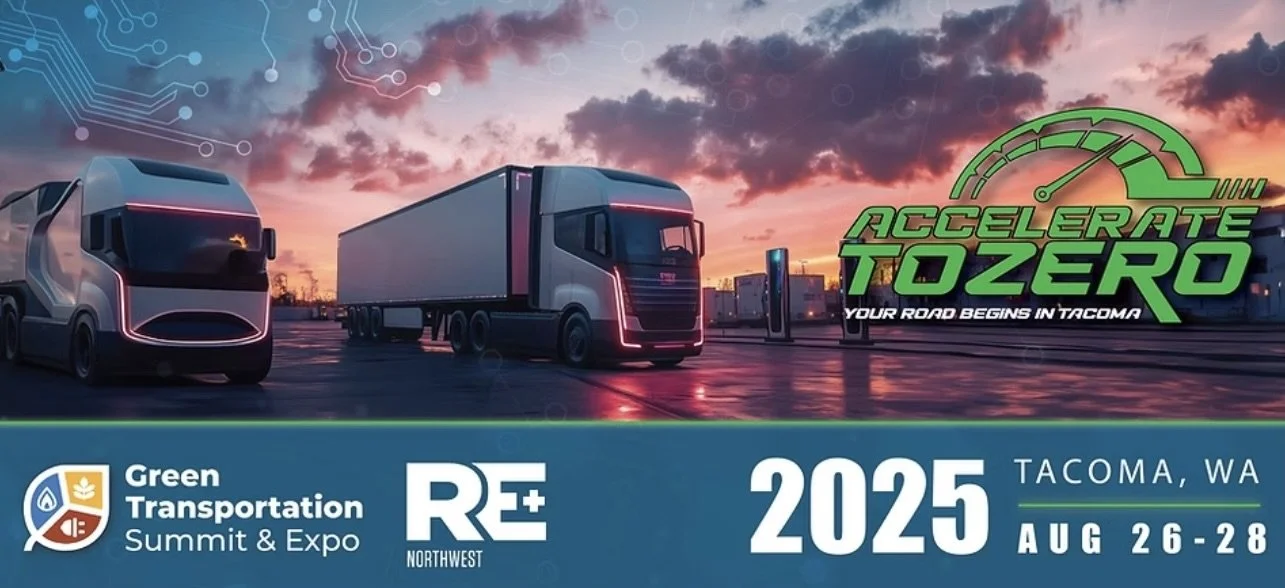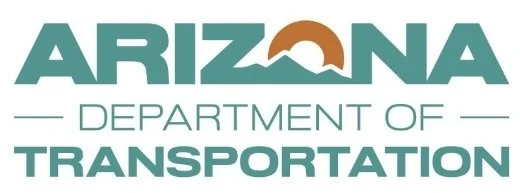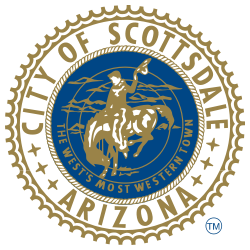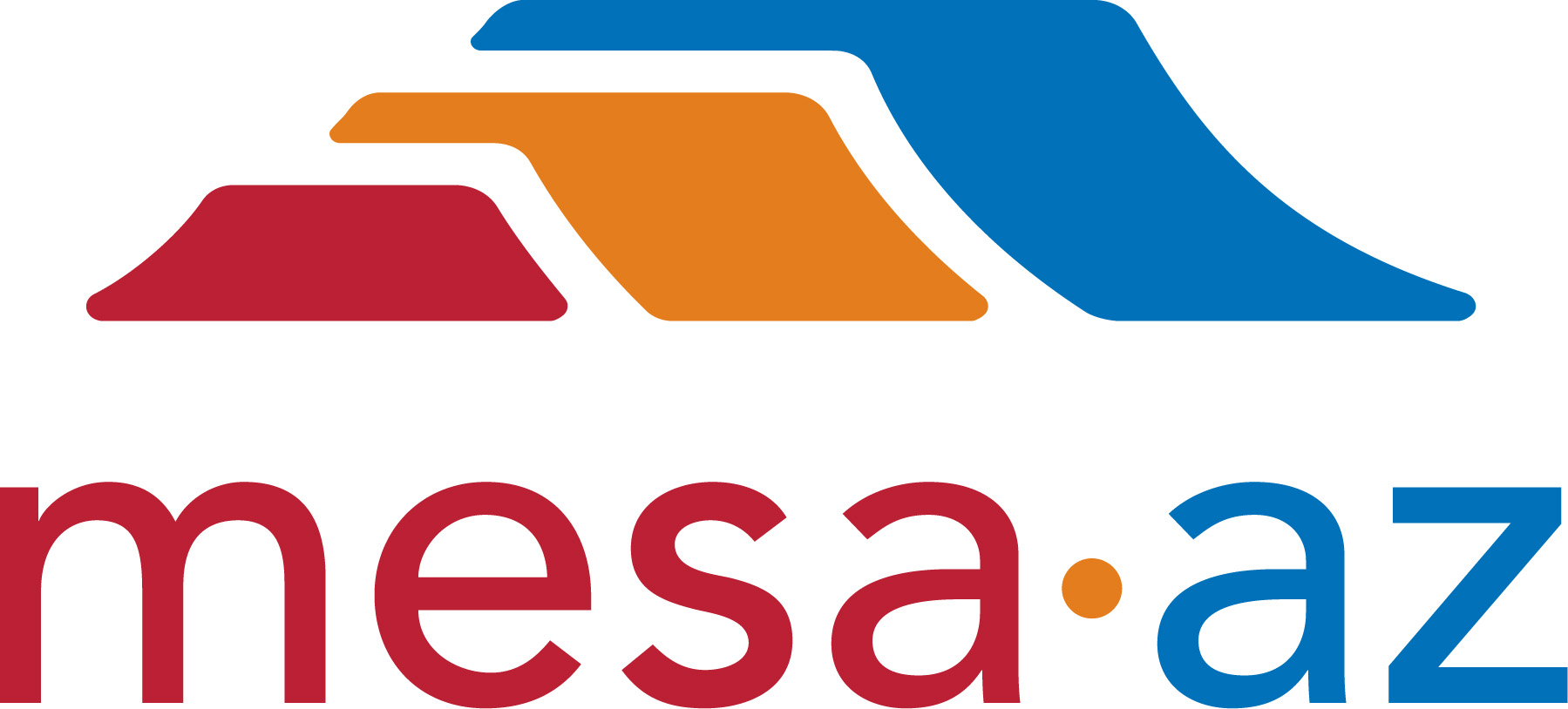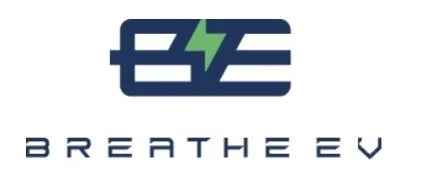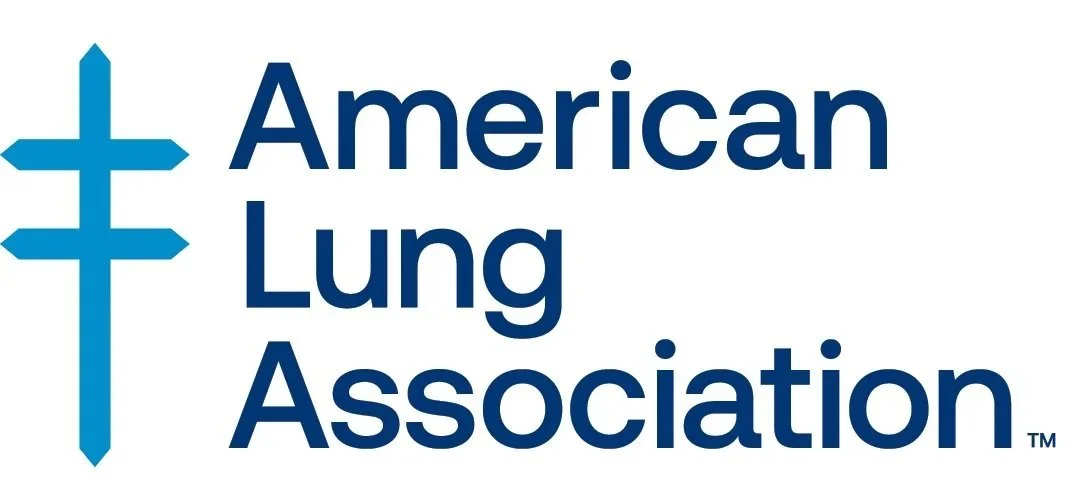In This Issue
Alt Fuel Highlight: Biodiesel
2026 Fuel Economy Guide Now Available
Upcoming Webinars and Events
Member Spotlight: American Lung Association
Alt Fuel Highlight: Biodiesel
Biodiesel is a domestically produced, renewable fuel that can be manufactured from new and used vegetable oils, animal fats, and recycled restaurant grease. Biodiesel’s physical properties are similar to those of petroleum diesel, but it is a cleaner-burning renewable alternative. Using biodiesel in place of petroleum diesel significantly reduces lifecycle carbon emissions. Research shows that it also reduces emissions of toxic air pollutants in older on-road vehicles and in many off-road applications.
Biodiesel can be blended and used in many different concentrations, including B100 (pure biodiesel), B20 (20% biodiesel, 80% petroleum diesel), B5 (5% biodiesel, 95% petroleum diesel), and B2 (2% biodiesel, 98% petroleum diesel). B20 is a common biodiesel blend in the United States and engines operating on B20 exhibit similar fuel consumption, horsepower, and torque to those running on conventional diesel.
Biodiesel is an important alternative fuel that can improve air quality and the environment, provide safety benefits and contribute to a more resilient transportation system.
Learn more about Biodiesel and other alternative fuels by visiting the DOE’s, Alternative Fuels Data Center.
2026 Fuel Economy Guide Now Available
The U.S. Department of Energy (DOE) and the U.S. Environmental Protection Agency (EPA) have just released the 2026 Fuel Economy Guide. The guide provides detailed fuel economy estimates for model year 2026 light-duty vehicles, along with estimated annual fuel costs and other information for prospective car buyers.
The 2026 Fuel Economy Guide will be available in electronic format only. You can download the latest Fuel Economy Guide at https://www.fueleconomy.gov/feg/printGuides.shtml and print copies from the electronic file as needed.
Visit DOE and EPA’s FuelEconomy.gov website to learn more and access additional resources.
Upcoming Webinars
State of Sustainable Fleets
Renewables Academy Webinar Series
Drop-in Renewables for Diesel Vehicles
Tuesday, February 17 | 11:00 am PT
Leading adopters and technology providers from Optimus Technologies, Penske, and ADM will share how renewable fuels are delivering immediate, cost-effective benefits as diesel replacements. This discussion will break down the practical differences between renewable diesel (RD) and biodiesel (BD), how fleets use both year-round at low or no additional cost, and how to replace nearly 100% of conventional diesel without operational disruption.
Cost, Operational, and Sustainability Benefits of Renewable Natural Gas (RNG)
Tuesday, February 24 | 11:00 am PT
Hear from advanced fleet adopters and fuel providers on how RNG delivers stable fuel costs, diesel-like performance, and industry-leading emissions reductions. This session will highlight how fleets of all sizes are using RNG to meet sustainability goals while maintaining reliability and uptime.
Optimizing Transportation with RNG and the 15L Natural Gas Engine
Tuesday, March 3 | 11:00 am PT
Learn how fleets are optimizing high-horsepower operations using RNG and the 15L natural gas engine to achieve strong performance, improved maintenance outcomes, and positive total cost of ownership. Speakers will share real-world lessons from operating natural gas vehicles across demanding routes and conditions.
MAG- North Valley Corridor Study Public Survey
The Maricopa Association of Governments (MAG) is conducting a project called the North Valley Corridor Study. The study aims to understand the function of I-17 and Loop 101 freeway and ramps, and to identify and address any traffic flow and safety challenges along the corridor. The North Valley corridor runs along I-17 from north of Carefree Highway (State Route 74) down to Loop 101 and then along the Loop 101 from I-17 over to Cave Creek Road.
As part of the study, MAG is asking for public input from residents, commuters, and businesses through an online survey.
Upcoming Events
Register now for the annual National Propane Education and Training Conference that is being held on February 25-26, 2026 at the Embassy Suites by Hilton in Fort Lauderdale Florida. During this two-day event, propane professionals interested in industry-specific safety, education and resources will gather to hear the most up to date information to help keep safety a priority across the country.
2026 ACT Expo
May 4-7, 2026
Las Vegas Convention Center
Now in its 16th year, ACT Expo is where the commercial fleet industry comes together to navigate what’s next. With 12,000+ stakeholders, 2,400+ fleet operators, 500+ exhibitors, and 300+ speakers, it’s the premier event for fleet leaders looking to evaluate technologies, benchmark strategies, and connect with peers shaping the future of transportation.
Core Topics Include
AI & Autonomy • Safety Innovations • Battery-Electric & Hydrogen Fleets • Clean Fuels & Infrastructure • Advanced Vehicle & Tech Adoption • Digital Frontier • Policy & Market Landscape
Save more than 30% with Value Rates through February 6, 2026.
VSCCC is proud to have the American Lung Association as a new member as we work towards our shared goal of improving air quality. Founded 120 years ago, the American Lung Association is the leading organization working to save lives by improving lung health and preventing lung disease, through research, education and advocacy.
Our coalition is also excited to promote the Lung Association’s Biobased Academy program. This free, comprehensive training program is designed to educate professionals on the operational, health, safety, and environmental benefits of bio-based fleet, facility, and grounds products. This program is offered by the American Lung Association in partnership with the United Soybean Board.
VSCCC strives to provide alternative fuel information to all people within our region. In order to increase our outreach abilities we are working with local agencies to share our newsletter and clean fuel resources with an even greater audience. We are proud to partner with the Inter-Tribal Council of Arizona's Air Quality Department, ASU's Sustainable Cities Network and Maricopa County Air Quality Department.
